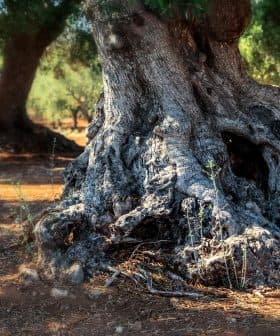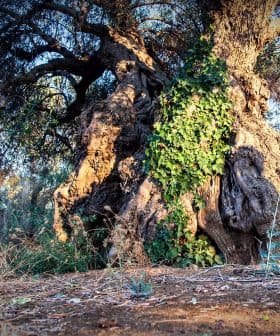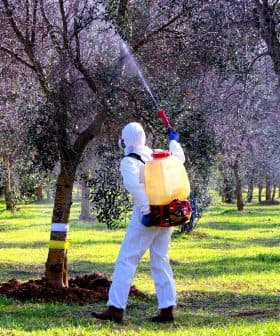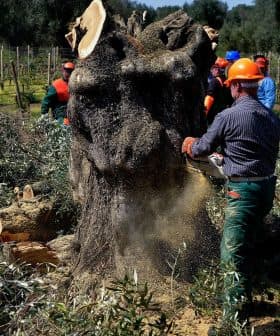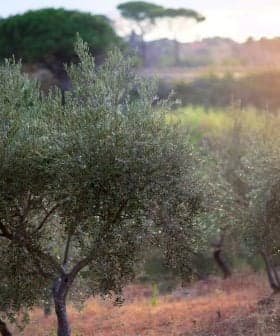Combined Efforts and Encouraging Outcomes at International Seminar on Xylella Fastidiosa
Researchers and experts attended the international seminar on Xylella fastidiosa held at the Mediterranean Agronomic Institute in Bari to examine the current situation and define common measures to combat the disease.
The International Olive Council and CIHEAM organized a seminar on Xylella fastidiosa to address the disease affecting olive trees in Apulia, with researchers discussing measures to combat the decline syndrome. Experts presented research on testing and agricultural strategies, with promising results seen in field trials using a zinc and copper compound to control the effects of Xylella fastidiosa.
The International Olive Council (IOC) and the International Centre for Advanced Mediterranean Agronomic Studies CIHEAM organized an international seminar on Xylella fastidiosa from 28 to 30 November at the Mediterranean Agronomic Institute in Bari, with the aim to provide the most updated information on the disease which is affecting the olive trees in the southern part of Apulia.
Researchers and experts from Italian and international institutions examined the current situation to develop common measures that can be adopted.
In addition to research, legislation and instruments available to monitor the bacteria, the topics covered by speakers concerned the tests carried out on the bacterium and its vector, and the strategies and agricultural measures to combat the rapid decline syndrome in affected olive trees.
See Also:Complete Coverage of the Xylella Fastidiosa Outbreak
The experts also took part in a field visit and, during the final round-table session, highlighted the need to strengthen scientific, technical and political collaboration among countries.
There are broad research efforts underway that are producing encouraging results against the disease. Among the many experts, Antonia Carlucci from the University of Foggia, made mention of a strategy to contain organically the rapid desiccation of affected olive trees.
The Director of the Fruit Tree Research Unit of The Council for Agricultural Research and Economics of Caserta CREA-FRC, Marco Scortichini, gave a speech about preliminary results of field trials conducted in Veglie, in the province of Lecce.
“During 2015, a total of 40 olive trees of Cellina di Nardò and Ogliarola varieties, were chosen to test the field efficacy of a 4 percent zinc plus 2 percent copper compound, patented in Israel, to possibly control the effects of Xylella fastidiosa,” he explained during the conference. “In the orchard, the presence of the pathogen was ascertained by means of molecular diagnostic techniques.”
The researcher said half of the trees were not treated and served as control plants, while a total of six spray treatments were applied to the canopy of the trees from early April to October. During summer, no treatment was applied.
“For each tree, the total number of new shoots that wilted during the vegetative season were counted. Programs were employed to test the statistical significance of the treatment and a molecular test was set up to precisely point out which part of the leaf and twig should be taken to reliably detect the presence of Xf within the tree,” Scortichini clarified.
The untreated trees showed an increasing incidence of the disease, with the presence of new wilting shoots and branches, while in all the treated trees the occurrence of disease symptoms such as new wilting shoots, was significantly decreased.
This year, in addition to the further recording of the incidence of the disease, the quantitative real-time PCR technique will be applied to determine the rate of reduction of Xylella fastidiosa within the canopy of trees, “officially ascertained by the regional phytosanitary service for the presence of the pathogen before the starting of the trial,” the researcher pointed out.
At the end of the seminar, the executive director of the International Olive Council, Abdellatif Ghedira, indicated that Xylella fastidiosa is high on the agenda of the organization and recalled its role as an international center for documentation and information on the sector.
Ghedira also announced the participation of the IOC in the “XF-ACTORS” project, funded by the EU under the program Horizon 2020, which aims to establish a multidisciplinary research program to answer the urgent need to improve prevention, early detection and control of Xylella fastidiosa.


